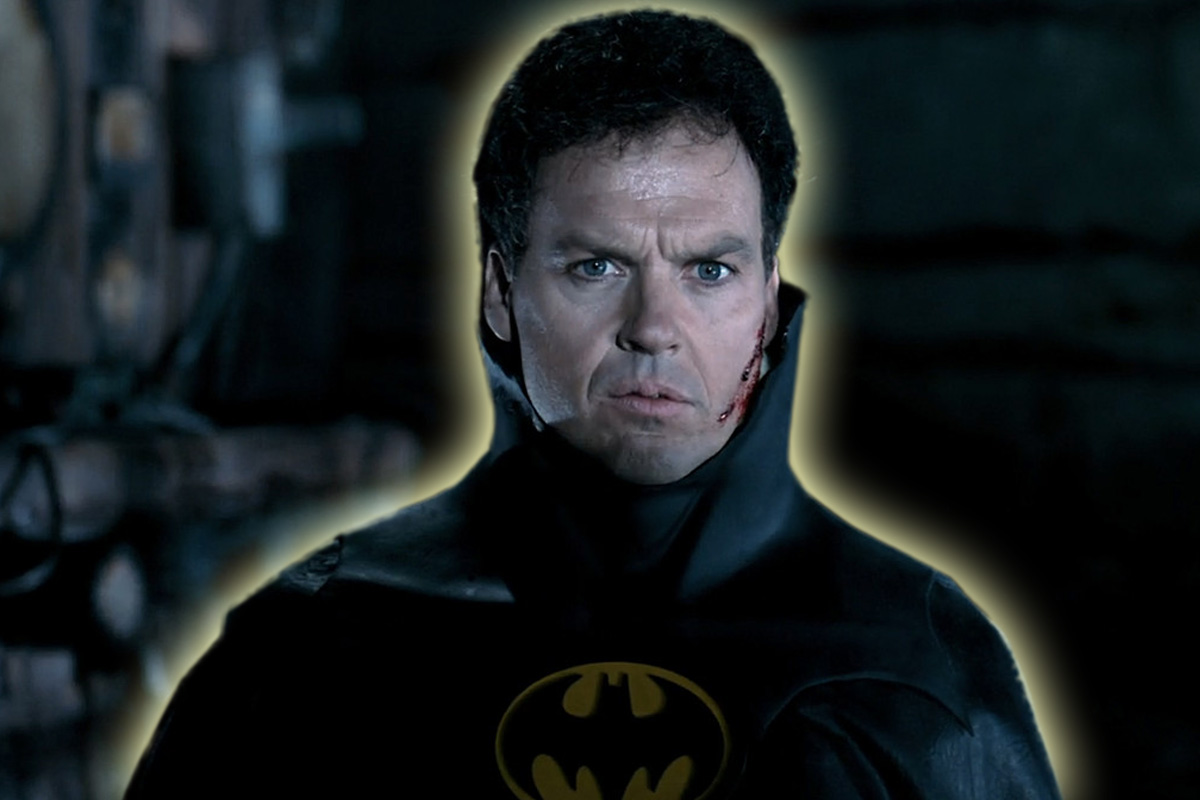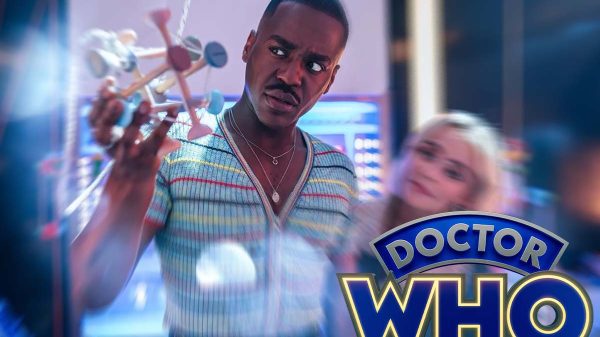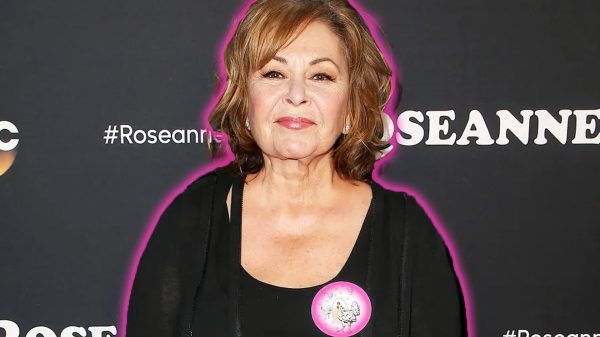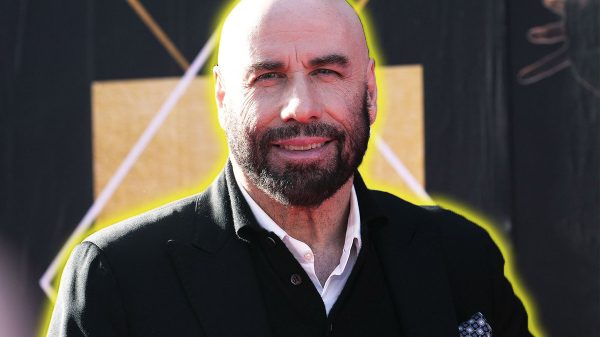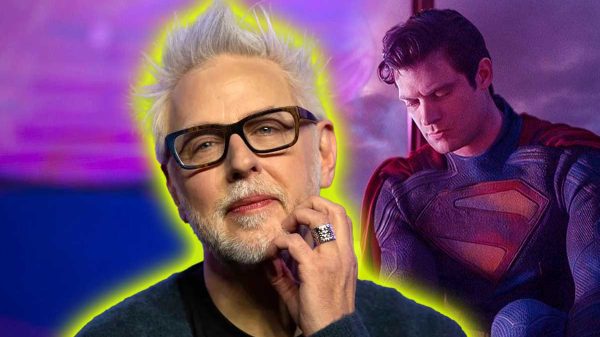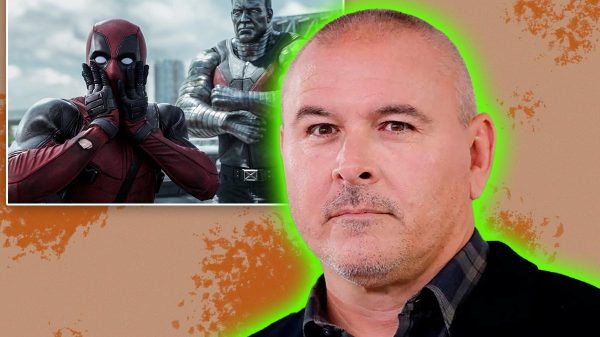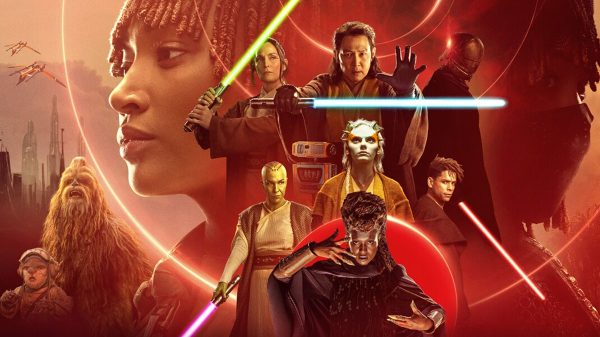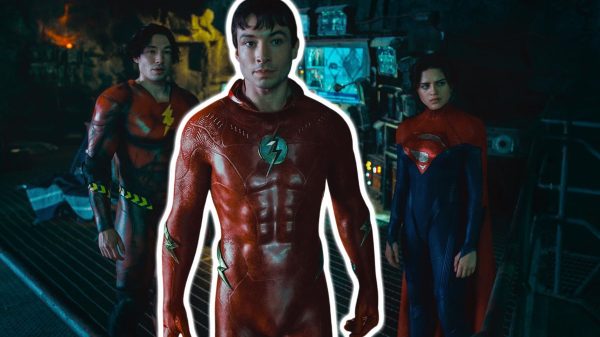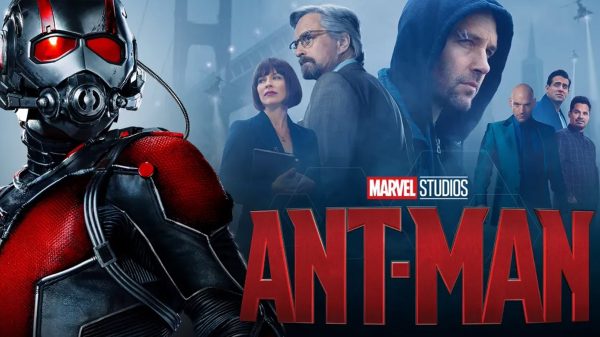Daniel Waters, the screenwriter of the 1992 film ‘Batman Returns,’ recently shared interesting behind-the-scenes details about the movie, including star Michael Keaton’s influence on the script. As reported by Indiewire, this came to light during a December screening of the film in Los Angeles, where Waters discussed various aspects of the classic Tim Burton-directed sequel.
‘Batman Returns’ differed significantly from its 1989 predecessor. Waters revealed that the original screenplay included several jibes at the first Burton ‘Batman’ film and referenced excessive merchandising. However, as Waters said, these elements were removed from the final script at Keaton’s request:
“Michael Keaton said, ‘This is very clever. Cut it.'”
Burton’s Vision of a ‘Catwoman’ Spinoff
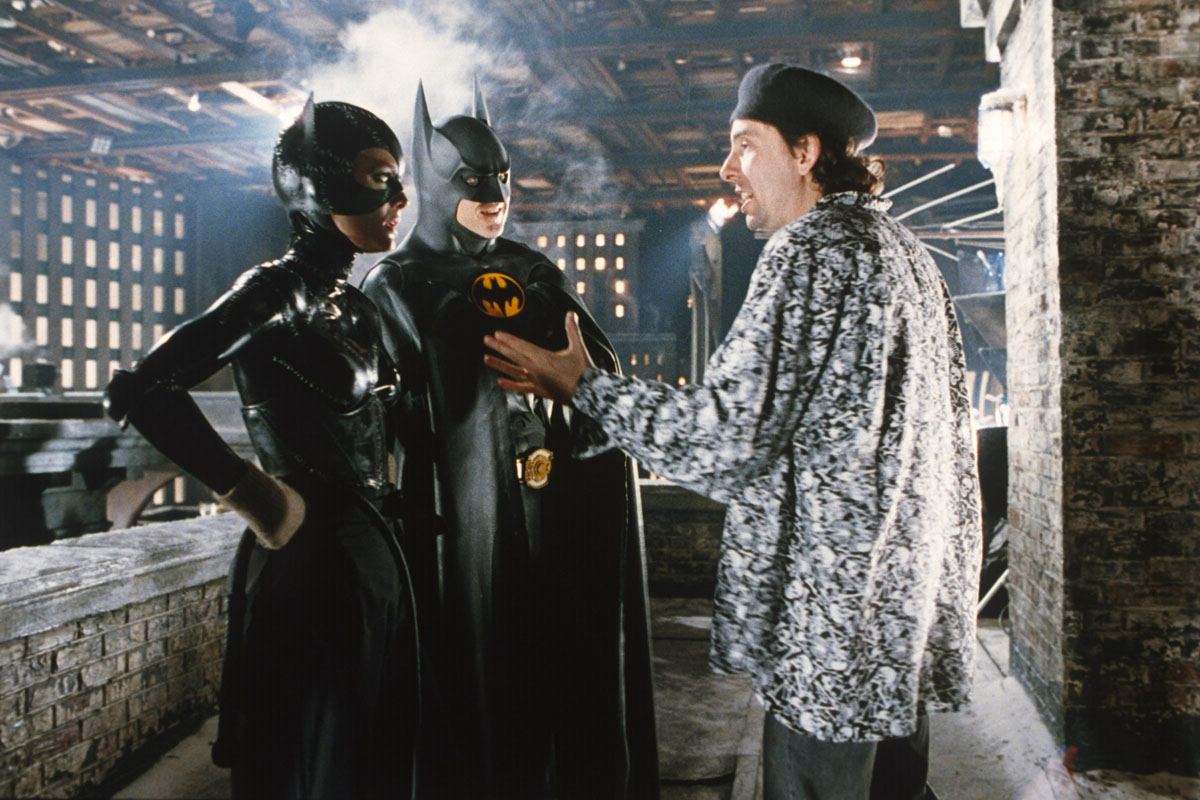
Apart from discussing ‘Batman Returns,’ Waters provided insight into the proposed Catwoman spinoff, which was set to follow Michelle Pfeiffer’s character from the 1992 film. According to Waters, the spinoff, which never came to fruition, had Tim Burton envisioning an $18 million black-and-white film:
“He wanted to do an $18 million black and white movie, like the original ‘Cat People,’ of Selina just lowkey living in a small town, And I wanted to make a ‘Batman’ movie where the metaphor was about ‘Batman.’ So I had her move to a Los Angeles version of Gotham City, and it’s run by three a**hole superheroes. It was ‘The Boys’ before ‘The Boys.’ But he got exhausted reading my script.”
The discussion also touched upon the creation process of ‘Batman Returns.’ Waters and Burton, with limited knowledge of Batman’s lore, crafted new backstories for characters like Catwoman and The Penguin, played by Danny DeVito. This creative liberty sparked controversy for its loose dependence on the original comic book material.
‘Batman Returns’ Has Still Been a Success
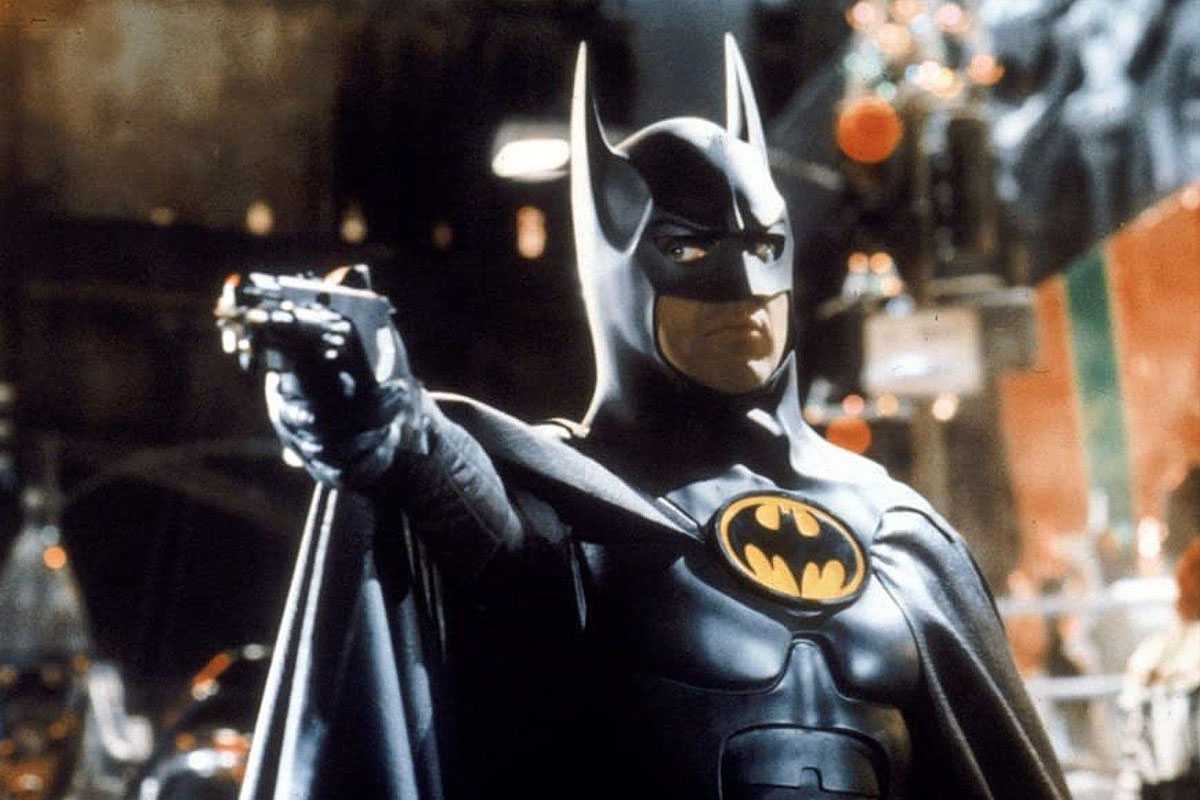
‘Batman Returns’ has gained substantial acclaim over the years and is now often cited as one of the best Batman films.
The film, released on June 19, 1992, was a box office success, earning approximately $266.8 million worldwide. Despite this, it failed to surpass the commercial success of its predecessor. Its darker and more mature tone was a departure from the more family-friendly approach of the first film. This eventually led to mixed reactions from both audiences and critics at the time.
After ‘Batman Returns,’ Tim Burton was replaced by Joel Schumacher for the third installment, ‘Batman Forever,‘ which took a more family-friendly direction. Michael Keaton also chose not to return for the sequel, expressing disagreement with Schumacher’s vision for the character.

